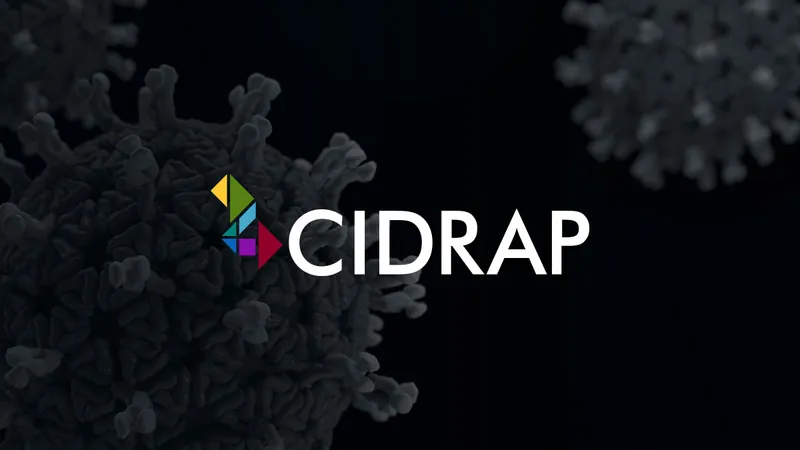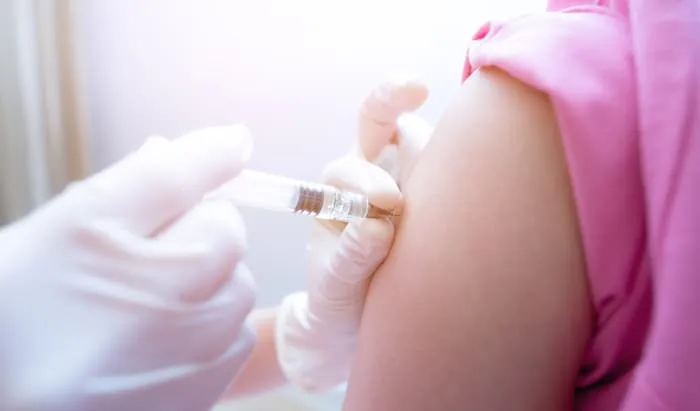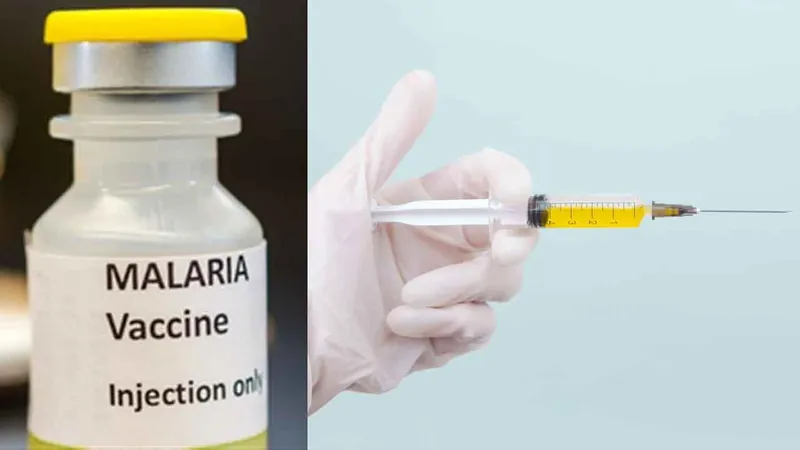
Surprising Shift: Many COVID Vaccine-Hesitant Dutch Adults Change Their Minds, New Report Reveals!
2024-12-09
Author: Jia
A recent study highlights a notable trend among Dutch adults who were initially hesitant about the COVID-19 vaccine: many have since changed their minds and opted for vaccination. The research suggests that various factors—including public health campaigns, personal experiences with the pandemic, and evolving perceptions about vaccine safety—played significant roles in this shift.
The Netherlands, like many countries, faced significant challenges during the pandemic, resulting in widespread discussions about vaccine efficacy and safety. According to the study, conducted by researchers at a leading Dutch university, approximately 60% of the individuals initially skeptical of the vaccine have now received at least one dose.
What Changed Their Minds?
A deeper dive into the data reveals that the primary catalysts for this change include:
1. **Increased Public Awareness**: As more information became available about the vaccines, including their effectiveness against various strains of the virus, individuals grew more confident in their safety.
2. **Personal Experiences**: Many respondents reported experiencing or knowing someone who contracted COVID-19, which shifted their perspective regarding the seriousness of the virus.
3. **Influence of Healthcare Professionals**: Direct advice from healthcare practitioners proved pivotal. Many individuals cited discussions with their doctors as instrumental in alleviating their concerns.
4. **Government Initiatives**: The Dutch government's outreach programs, including informative sessions and community discussions, were highlighted as effective methods to reduce vaccine hesitancy.
The Global Context
This trend isn't unique to the Netherlands. Globally, data reflects a similar pattern in countries with robust public health campaigns. For instance, research from the United States shows that vaccine uptake among previously hesitant groups increased significantly after targeted outreach efforts and public endorsements from trusted community leaders.
Moreover, a startling analysis has indicated that social media platforms also played a dual role—while they often spread misinformation, they have also been leveraged effectively to disseminate accurate vaccine information.
The Continuing Challenge
Despite the encouraging shift in attitudes, experts caution that vaccine hesitancy remains a significant barrier to achieving herd immunity. In countries with restricted access to vaccines or ongoing misinformation campaigns, vaccine uptake can lag, emphasizing the need for continuous public health education.
Furthermore, lessons learned from this pandemic can guide efforts against future public health challenges. By understanding the dynamics of vaccine hesitancy, health authorities can better prepare for crises, ensuring that accurate information reaches those in need.
Conclusion
The recent changes among vaccine-hesitant Dutch adults represent hope in the ongoing battle against COVID-19. As more individuals choose to get vaccinated, the path to recovery seems clearer. However, it's crucial for public health officials to sustain their efforts, ensuring that accurate information continues to reach all communities, fostering a culture of trust and safety in vaccines. Only through collective effort can we overcome the challenges posed by vaccine hesitancy and emerge stronger from this global health crisis!




 Brasil (PT)
Brasil (PT)
 Canada (EN)
Canada (EN)
 Chile (ES)
Chile (ES)
 España (ES)
España (ES)
 France (FR)
France (FR)
 Hong Kong (EN)
Hong Kong (EN)
 Italia (IT)
Italia (IT)
 日本 (JA)
日本 (JA)
 Magyarország (HU)
Magyarország (HU)
 Norge (NO)
Norge (NO)
 Polska (PL)
Polska (PL)
 Schweiz (DE)
Schweiz (DE)
 Singapore (EN)
Singapore (EN)
 Sverige (SV)
Sverige (SV)
 Suomi (FI)
Suomi (FI)
 Türkiye (TR)
Türkiye (TR)